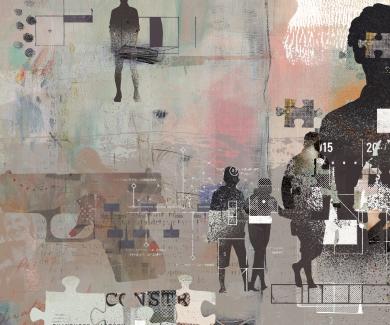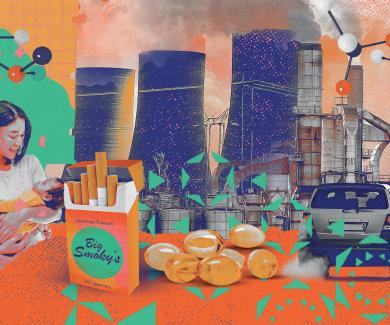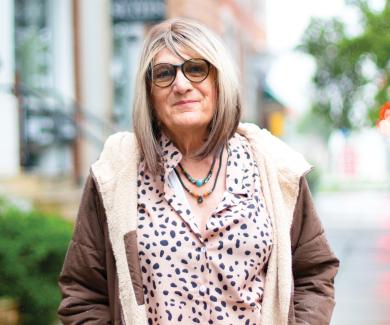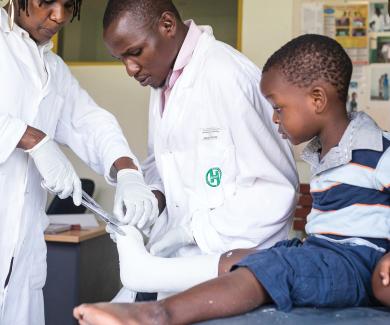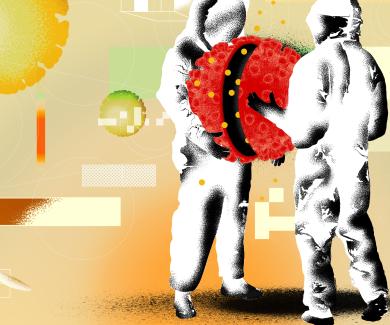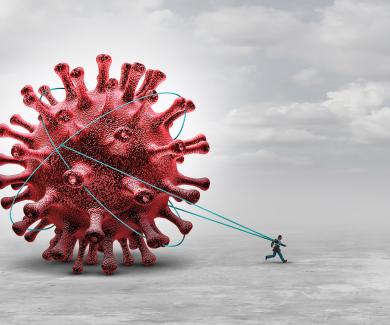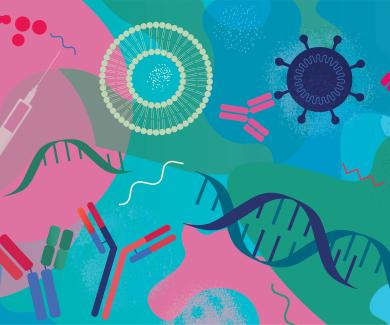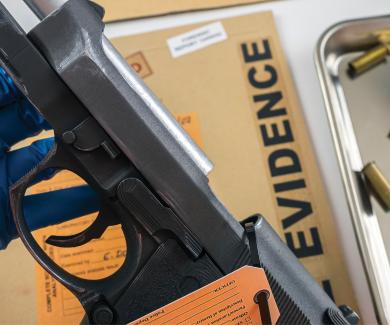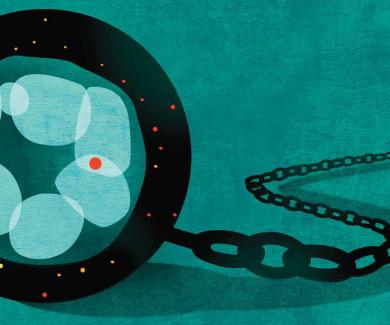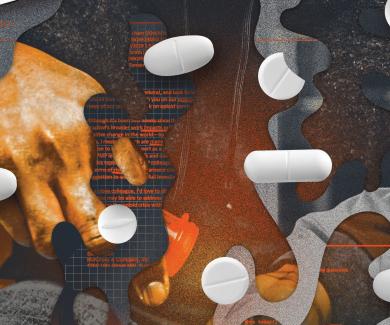Psychological autopsies of young people who died by firearm suicide may help to identify risk factors and inform prevention.
Uncovering environmental contributors to autism may also suggest ways to help autistic people live healthier lives.
Transgender people live in an often-hostile world. Can community, research, and resilience reduce the threats to their health?
By centering rehabilitation services in primary care, ReLAB-HS aims to expand access to this essential medical care.
Gain-of-function research can help science get ahead of potential threats—but is it too much of a risk?
Long COVID may offer insights into other vexing post-acute illnesses.
Vaccinated, intentionally infected, and sequestered in a hospital unit, volunteers help researchers fast-track promising vaccine candidates.
Defense attorneys appealing a murder conviction enlisted the expertise of statisticians to determine whether the field of firearm forensics is grounded in solid science. The answer? Not even close.
Access to abortion and other reproductive health care was already inconsistent in the U.S. carceral system. The Dobbs decision will make the situation even worse.
Opioid industry documents illuminate the cynical strategies that led to thousands of deaths. Can an archive turn the tragic past into a better future?
